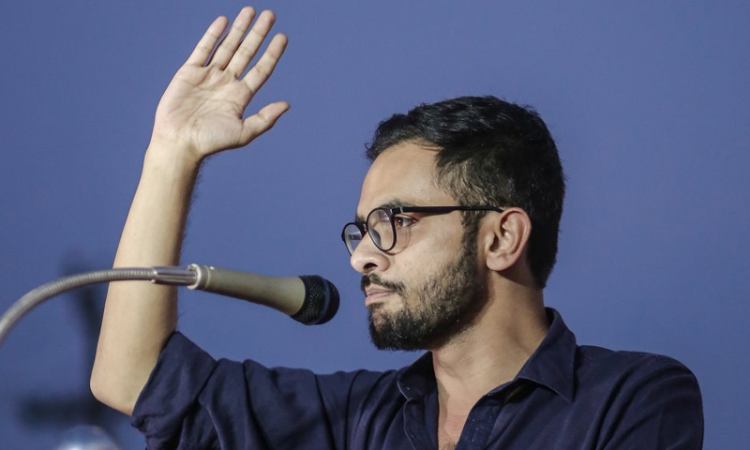In Umar Khalid Bail Order, Delhi High Court Invokes Maximilien Robespierre, Pandit Nehru To Explain 'Revolution'
Sofi Ahsan
18 Oct 2022 3:53 PM IST

Next Story
18 Oct 2022 3:53 PM IST
Dismissing activist Umar Khalid's bail appeal in the larger conspiracy case of Northeast Delhi riots, the Delhi High Court on Tuesday said revolution by itself isn't always bloodless and that is why a prefix - bloodless, is used with the term 'bloodless revolution'."This court is reminded of that although, the activity of 'revolution' in its essential quality may not be different but from...
